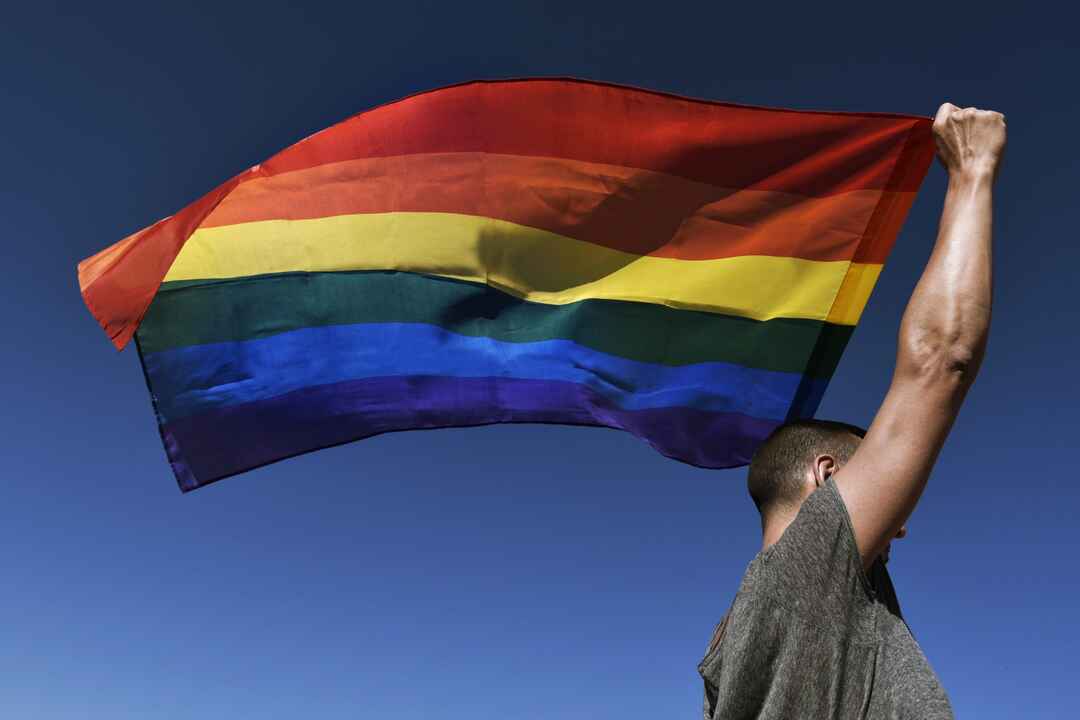
Embracing Diversity: LGBTQ+ and the Complexities of Addiction
In today’s world, discussions surrounding LGBTQ+ rights and equality have gained significant traction. While progress has been made in terms of acceptance and inclusivity, there are still many challenges that the community faces. One such challenge is the higher prevalence of addiction within the LGBTQ+ population. In this blog, we will delve into the unique factors that contribute to addiction among LGBTQ+ individuals and explore the importance of creating safe spaces and tailored support systems for their recovery.
Understanding the LGBTQ+ Community: The LGBTQ+ community encompasses people who identify as lesbian, gay, bisexual, transgender, queer, or questioning, as well as individuals who identify with other gender and sexual minority groups. Members of this diverse community face distinct struggles, including discrimination, stigma, societal pressures, and identity-related conflicts. These experiences can lead to increased vulnerability to addiction and substance abuse.
Factors Contributing to Addiction:
- Minority Stress: The constant stress and anxiety caused by societal discrimination and prejudice can take a toll on mental health. Many LGBTQ+ individuals turn to substances as a means of coping with these challenges, leading to a higher risk of addiction.
- Social Isolation: Isolation and feelings of alienation are common among LGBTQ+ individuals, particularly those who lack support from their families or face rejection from their communities. The absence of a strong support system can exacerbate feelings of loneliness and increase the likelihood of turning to addictive substances.
- Internalized Homophobia/Transphobia: Internalized feelings of shame, guilt, and self-hatred due to societal biases can significantly impact an individual’s self-esteem. Substance abuse may be used as a mechanism to escape from these negative emotions, resulting in a cycle of addiction.
- Barriers to Healthcare: LGBTQ+ individuals often encounter barriers when accessing healthcare, including discrimination from healthcare providers, lack of cultural competency, and fear of disclosing their sexual orientation or gender identity. These obstacles can deter individuals from seeking help for addiction, leading to untreated substance abuse disorders.
Creating Inclusive Recovery Spaces:
- LGBTQ+-Inclusive Treatment Programs: Developing treatment programs that are specifically designed for LGBTQ+ individuals can significantly improve their chances of recovery. These programs should address the unique challenges faced by this community and provide a safe, affirming environment.
- Culturally Competent Healthcare: It is essential for healthcare providers to receive training in LGBTQ+ cultural competency to ensure that they can provide sensitive and inclusive care. LGBTQ+-affirming healthcare environments can alleviate fears and encourage individuals to seek help for addiction.
- Supportive Community Networks: Establishing support networks within the LGBTQ+ community can be invaluable for those in recovery. Peer support groups, LGBTQ+-centered organizations, and social events can provide a sense of belonging and aid in maintaining sobriety.
- Addressing Mental Health: Given the high prevalence of mental health issues within the LGBTQ+ community, addressing these underlying conditions is crucial for successful addiction recovery. Integrated treatment approaches that target both addiction and mental health can greatly improve outcomes.
The intersection of LGBTQ+ identity and addiction presents a unique set of challenges that demand our attention. By understanding the factors that contribute to addiction among LGBTQ+ individuals and creating inclusive and affirming recovery spaces, we can provide the necessary support for their journey towards sobriety. It is essential to promote acceptance, educate communities, and advocate for policies that protect and uplift the LGBTQ+ community, ultimately fostering a healthier, more inclusive society for all.